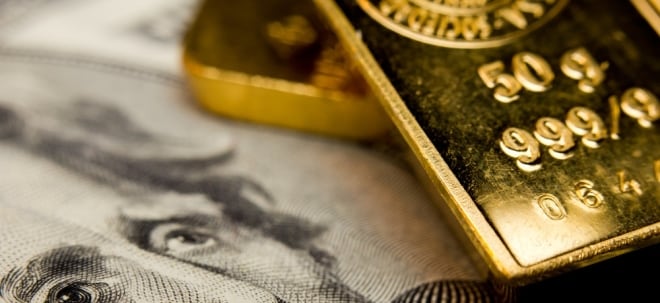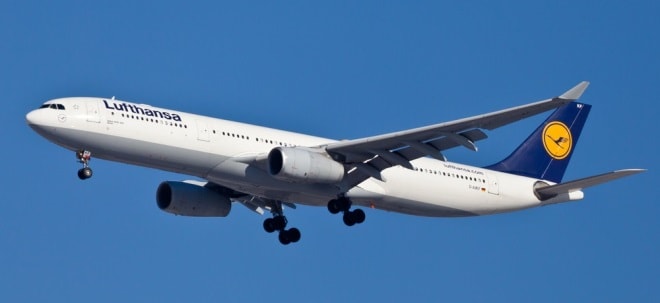Am Ende des Artikels ist ein Überblick, was an Medikamenten wegfällt und was neu hinzukommt.
Lipitor Still Key to Pfizer's Future
By Robert Steyer
TheStreet.com Staff Reporter
1/18/2006 10:37 AM EST
The fourth-quarter earnings report is many times the main event of the year for a company, but in the case of Pfizer (PFE:NYSE) , Thursday's announcement will be the undercard.
That's because the pharmaceutical giant -- unless it changes its mind -- won't issue predictions for 2006, and perhaps 2007, until its Feb. 10 meeting with analysts. In October, Pfizer withdrew its guidance for this year and the next one, citing "current and anticipated business conditions."
For Pfizer, a much bigger fourth-quarter issue is whether the cholesterol drug Lipitor can endure the body blows it has lately sustained. Prescription growth rates for the third quarter "declined significantly" vs. the first half of the year, Pfizer said then, adding that fourth-quarter revenue should be affected, too.
As boxing fans know, undercards can provide at least as much action as the main event, and Pfizer's fourth-quarter and fiscal-year report should provide plenty of excitement. Of course, Pfizer doesn't want to repeat the commotion of its third-quarter report, when disappointing results caused its shares to fall nearly 9%.
For the fourth quarter, analysts polled by Thomson First Call expect a profit of 42 cents a share on revenue of $13.2 billion, excluding one-time items. For the same period in 2004, Pfizer earned 58 cents a share on revenue of $14.92 billion, before items.
The consensus estimate is for a fiscal-year profit of $1.93 a share on sales of $51 billion, excluding items. For 2004, Pfizer earned $2.12 a share prior to any items and had a top line of $52.5 billion.
And just in case Pfizer decides on Thursday to predict the future a month earlier than it had promised, the EPS consensus is $2.02 for this year and $2.16 for 2007.
Lipitor's Challenge
During a third-quarter meeting with investors and analysts, Hank McKinnell, the chairman and CEO, said Pfizer would need several months of prescription data to assess if the Lipitor slowdown was temporary or permanent. Lipitor is the world's biggest drug, accounting for $10.86 billion, or nearly one-fourth, of Pfizer's sales in 2004.
Some Lipitor pressure was eased during the fourth quarter as Pfizer repelled patent challenges against the drug. The Indian generic drugmaker Ranbaxy Laboratories says it will appeal a U.S. verdict for Pfizer handed down in December.
In early October, Pfizer defeated one of two Ranbaxy patent challenges in the U.K. Pfizer won the most important patent case, but both companies say they will appeal their respective losses.
Winning the patent battles helped Pfizer's stock, as did the announcement that the company would raise the quarterly dividend by 26% to 24 cents from 19 cents starting with the March 7 payout.
Still, Pfizer faces more Lipitor uncertainty. During the next six months, two competitors, Pravachol from Bristol-Myers Squibb (BMY:NYSE) and Zocor from Merck (MRK:NYSE) , will lose their U.S. patent protection.
Their impact on Lipitor depends on how many insurers, managed-care firms and pharmacy-benefits managers encourage clients to seek generics and how many doctors switch their patients to generics in the name of cost-control. This switching strategy is known as therapeutic substitution.
"We expect therapeutic substitution to be a major topic of concern" for Lipitor, says Albert L. Rauch of A.G. Edwards in a recent report to clients. U.S. prescription trends "are already weakening," he adds.
Slower Growth, New Hope
Analyzing information from the medical data monitoring firm IMS Health, Rauch says total Lipitor prescriptions during the fourth quarter "are growing slower than the overall market." Rauch, who has a hold rating on Pfizer, doesn't own shares. His firm has had a noninvestment banking relationship with the company.
New U.S. prescriptions for Lipitor also are advancing slower than the overall U.S. market, but the drug continues to dominate on the domestic front. Total U.S. prescriptions are more than double those of second-place Zocor. In fact, U.S. doctors write more Lipitor prescriptions than they do for Zocor plus the next three best-selling brand-name cholesterol fighters combined.
Pfizer's revenue continues to get hit by generic competition of top-selling products. The antibiotic Zithromax, which had $1.85 billion in sales for 2004, lost patent protection in late 2005. The antidepressant Zoloft, with sales of $3.36 billion in 2004, will succumb to generic competition later this year.
The good news is that Pfizer could introduce several new drugs this year. Although they won't immediately offset the damages by generics, they can provide a foundation for a Pfizer comeback.
Pfizer expects to hear from the Food and Drug Administration by the end of this month about Exubera, the first inhaled insulin for diabetics being developed with Nektar Therapeutics (NKTR:Nasdaq). Last week, Pfizer spent $1.3 billion to acquire Sanofi-Aventis' (SNY:NYSE ADR) stake in the Exubera partnership.
Later in the quarter, the FDA is expected to rule on Sutent, a treatment for kidney cancer.Other products that could be approved by the FDA this year include Indiplon, an insomnia drug for which Pfizer has a marketing deal with Neurocrine Biosciences (NBIX:Nasdaq) , two anti-infectives developed by Vicuron Pharmaceuticals, which Pfizer acquired last year, and Champix, a smoking cessation drug.
|


 Thread abonnieren
Thread abonnieren

